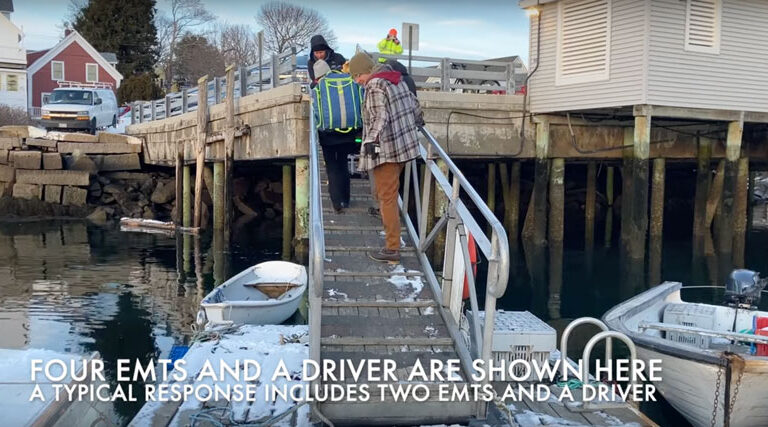I’ve been thinking about a play I saw on public TV many years ago, and believe it or not, my thoughts had nothing to do with the election.
An Enemy of the People, written in 1882 by the Norwegian playwright Henrik Ibsen, had been adapted by Arthur Miller, best known for his Death of a Salesman. It was Miller’s version that I saw staged on TV in the mid-1990s.
The plot has a physician discovering contamination in the town’s newly developed spas, whose waters will be used to draw visitors to enjoy their healthy benefits. The doctor’s brother, a town official, wants to see the discovery suppressed, and conflict ensues.
I urged the community to avoid responding crudely and antagonistically, and instead be more thoughtful…
In my recollection of the performance, the doctor meets with the editor of the local newspaper to share his discovery and, his words dripping with false humility, pledges to refuse any honors the town wants to give him. Of course, the audience readily sees that the discovery of contaminated waters is not being greeted as a bullet dodged, but rather as a fatal blow to the town’s expected economic windfall.
While editor of a weekly newspaper in Belfast in the mid-1990s, I had to navigate the arrival of credit card-lender MBNA, a company that had already landed as an economic colossus in Camden. That MBNA was expanding to Belfast, which was still recovering from the loss of poultry processing and shoe factories, was mostly greeted as good news—including by me.
But there were those who were skeptical and downright disdainful.
When the news broke, we received letters to the editor and a longer, guest column kind of piece.
One of the letters included a crude allusion to the town acquiescing to the corporation, while the longer one was by a carpenter who’d done work at a property owned by the company’s top executive. It was philosophical, but described the executive as imperious and unrealistically exacting.
In my editorial that week, I urged the community to be more thoughtful, like the author of the longer piece.
MBNA’s top executive was furious that we would highlight the latter opinion, and my boss called to tell me the company was scuttling its expansion to Belfast and, in a press conference, would name me and my editorial decisions as the reason why.
In the final scene of An Enemy of the People, torch-carrying townspeople march to the doctor’s home, chanting “Enemy!” Miller was inspired in his adaptation of Ibsen by the horrors of McCarthyism. I wasn’t stranded on any such moral high ground, but rather caught between community sentiments.
Luckily, MBNA changed its mind before the matter went public and so no torch-carrying folks ever marched down my driveway.
I was reminded of Enemy when I heard former state economist Charlie Colgan speak in Stonington—the state’s top lobster-landing port—asserting that the fishery would be significantly smaller in 20 years. Now an academic, long past his days in state government, Colgan could afford to be blunt.
Still, such “messenger duty” can have one be perceived as an enemy.
Recently, my wife and I saw the 1976 film All the President’s Men (again) on Turner Classic Movies. Presenters Ben Mankiewicz (the grandson of Herman Mankiewicz, who co-wrote Citizen Kane) and Steven Spielberg noted that the film recounted what had been recent news, which had been reported incrementally. Retelling the story of the Nixon administration’s electoral corruption as a procedural drama watered down what was daunting and even risky work by reporters Bob Woodward and Carl Bernstein.
I met Woodward in 2012, backstage at Colby College, which was presenting him with its Elijah Parish Lovejoy award for journalistic courage. Among the stories he told in his public remarks was about sitting next to Al Gore at an event a few years after the 2000 election.
Why didn’t Woodward “go after” George W. Bush, Gore asked Woodward, the way he “went after” Nixon? Well, Woodward explained, journalists don’t go after people; they report.
Despite Gore’s poor understanding of journalism, he did produce the documentary An Inconvenient Truth, sounding the alarm on climate change. A more recent dramatic telling of that truth is the darkly funny film Don’t Look Up, about an asteroid hurtling toward Earth, whose dangers politicians want to minimize and instead find an economic upside, an allusion to climate change.
Whether it’s torches or asteroids, truth-telling can wear out its welcome fast.
Tom Groening is editor of The Working Waterfront. He may be contacted at tgroening@islandinstitute.org.





